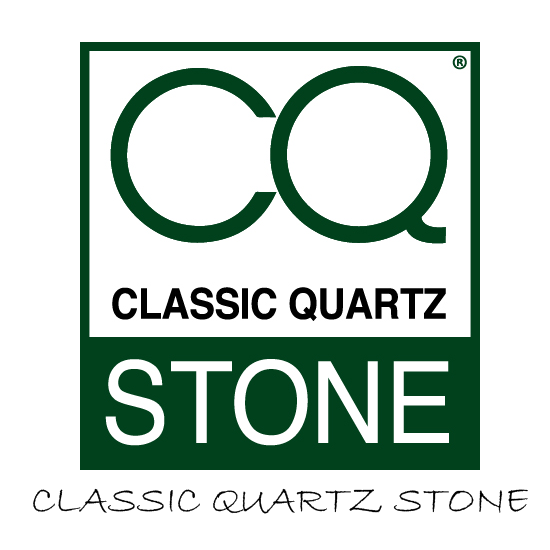 Cleaning is a bore, but it is certainly something we all need to do! In order to make sure you clean your kitchen effectively and properly, to avoid any issues or bacteria from cropping up unnecessarily, it’s important to know exactly what you need to do, in accordance with the type of material you are cleaning.
Cleaning is a bore, but it is certainly something we all need to do! In order to make sure you clean your kitchen effectively and properly, to avoid any issues or bacteria from cropping up unnecessarily, it’s important to know exactly what you need to do, in accordance with the type of material you are cleaning.
If you choose a quartz work surface then you have the major advantage of not having to do too much in the way of maintenance, e.g. sealing or anything DIY-related. This is because quartz is an extremely low maintenance material, and unlike quartz or marble, it doesn’t need annual sealing or regular check ups. Obviously you need to clean any work surface, and you don’t get away from that point when you choose quartz!
Another great piece of news here is that quartz is non-porous, and that means it doesn’t absorb liquid or germs. What does this mean? It is a more durable and long-lasting choice, but it also doesn’t harbour germs or bacteria. If you have children in the house, elderly, or you simply just want to know that your kitchen is ultra-clean, then quartz is a great option.
Now, how do you clean quartz surfaces effectively and safely?
Stick to warm water
Using warm water is the best way to clean a quartz work surface, because anything harsh will degrade the surface over time. Yes, quartz is strong but it is not indestructible, nothing is! If you use bleach or harsh chemical cleaners then you will cause damage to the stone, which will considerably cut down its lifespan.
Avoid abrasive cleaning pads
When cleaning your surface, it is also best to use a soft cloth, and to avoid abrasive cleaning pads like the plague. Yes, quartz is hard-wearing and it is scratch resistant to a degree, but it will scratch over time if you continually use abrasive pads. Use a soft cloth to wipe down and then another dry cloth to buff the surface.
You can use vinegar with the water to add oomph
If you have a stubborn make which refuses to go, add a little vinegar to the warm water and clean as you normally would. This avoids the need for those abrasive cleaning solutions we are trying to avoid, as vinegar is soft enough not to cause damage, but it is harsh enough to get rid of the marks it needs to.
Do not scrub too hard
Yes, you want to clean effectively, but you don’t want to rub the pattern away! Obviously this isn’t going to happen, but you get the jist – basically when you clean quartz, you simply need to clean gently, because what you are using is more than enough to get rid of any marks. Quartz does not stain easily, or at all.
Clean up any spillages as they happen
We mentioned that quartz is not going to stain, but that doesn’t mean you shouldn’t be careful anyway. If you are using certain substances, such as red wine, lemon juice etc, and you spill something, just clean it up straight away and you shouldn’t have any issues.
As you can see, it’s not rocket science to clean up quartz surfaces, you simply need to remember these easy steps.
